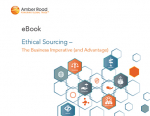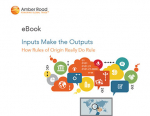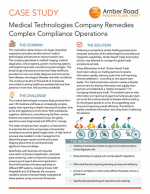Easing the Fear of Private Brand Development for Consumer Goods Retailers
Consumer goods retailers moving into the private brand arena need to work on a common platform with the entire supply chain to provide visibility into product information.
Public perception of private label brands (PLB) used to be quite negative. In 2011, 17 percent of U.S. consumers felt PLB’s were for people on tight budgets who couldn’t afford the best - but due to the economic downturn in recent years, consumers have changed their mindset on these products. Now, 33 percent of North American consumers have come to the realization that, in terms of quality and value, these products are equal to the name brands they used to purchase.
As a result, 94 percent of consumers in North America will continue to buy private label products when the economy improves.
Hesitant to enter this space before, retailers are now looking to introduce, or increase, private brand products in their stores as PLB reputations grow. However, maintaining equal (or even higher) standards of value and quality is the key to a successful product launch. To reach this level, retailers will need to develop, source, and order product from suppliers across the globe — almost guaranteeing a range of new challenges and adding more risk to their supply chain strategy.
Existing technology solutions have been time-tested and refined in other retail markets, and consumer goods companies can use these resources to start up (or ramp up) their private brand development initiatives more efficiently. Armed with these solutions, brand owners will need to overcome some major challenges in the process.
What’s Related




Favorites





